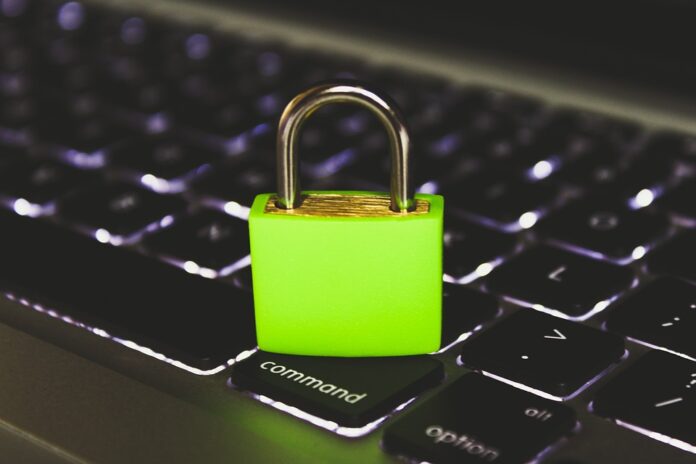Cybercrimes have become increasingly prevalent in today’s digital world, with hackers using sophisticated methods to infiltrate networks and steal valuable information. As a result, the need for effective cybersecurity measures has never been more critical. One crucial aspect of investigating cyber attacks is network forensics, which plays a vital role in unraveling the intricacies of these crimes.
Understanding Network Forensics
Network forensics is the process of capturing, recording, and analyzing network traffic to uncover evidence of cyber attacks. This involves examining logs, packets, and other network data to determine the source of an attack, the methods used, and the extent of the damage. By piecing together this information, investigators can identify the perpetrators and take the necessary steps to mitigate the impact of the attack.
The Role of Network Forensics in Cyber Attack Investigations
Network forensics plays a crucial role in cyber attack investigations by providing valuable insights into how attacks are carried out. By analyzing network traffic, investigators can identify the entry points used by hackers, the tactics they employ to evade detection, and the data they are attempting to steal. This information is essential for developing effective countermeasures and preventing future attacks.
Tools and Techniques Used in Network Forensics
There are a variety of tools and techniques used in network forensics to analyze network traffic and uncover evidence of cyber attacks. These tools can capture packets, decode protocols, and reconstruct network sessions to provide a comprehensive view of network activity. Additionally, advanced techniques such as deep packet inspection and traffic analysis can help investigators identify patterns and anomalies indicative of malicious activity.
Challenges in Network Forensics
Despite its importance, network forensics poses several challenges for investigators. The sheer volume of data generated by network traffic can be overwhelming, making it difficult to sift through and identify relevant information. Additionally, hackers are becoming increasingly adept at covering their tracks, using encryption and anonymization techniques to evade detection. Overcoming these challenges requires skilled investigators and cutting-edge technology to effectively unravel cyber crimes.
Conclusion
In conclusion, network forensics plays a crucial role in investigating cyber attacks and uncovering evidence of malicious activity. By analyzing network traffic, investigators can identify the source of attacks, the methods used, and the data targeted by hackers. This information is essential for developing effective cybersecurity measures and preventing future attacks. As cybercrimes continue to evolve, network forensics will remain a critical tool in the fight against cyber threats.
Frequency Asked Questions and Answers
Q: What is network forensics?
A: Network forensics is the process of capturing, recording, and analyzing network traffic to uncover evidence of cyber attacks.
Q: Why is network forensics important in investigating cyber crimes?
A: Network forensics provides valuable insights into how cyber attacks are carried out, helping investigators identify the perpetrators and develop effective countermeasures.


